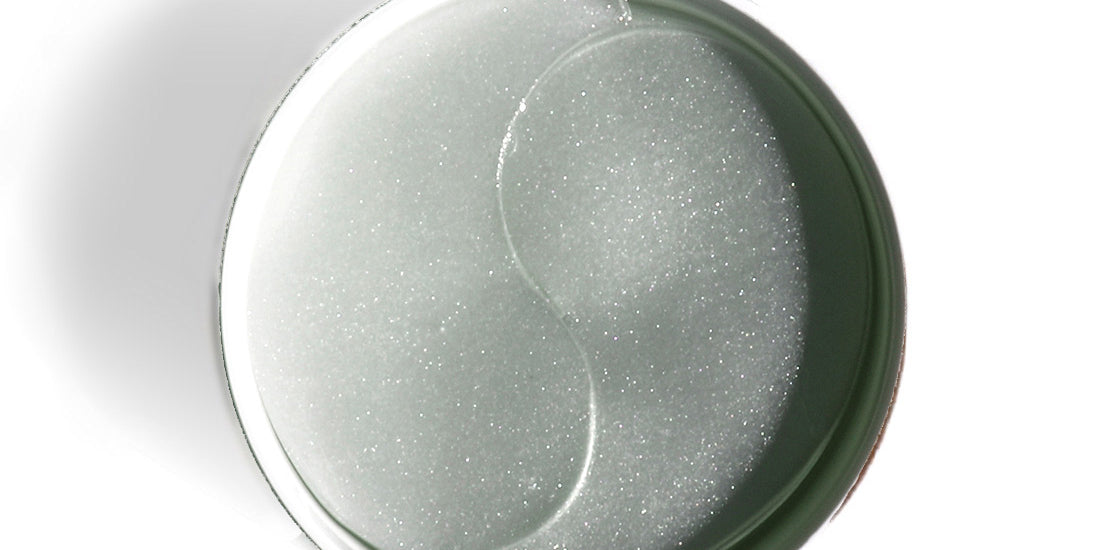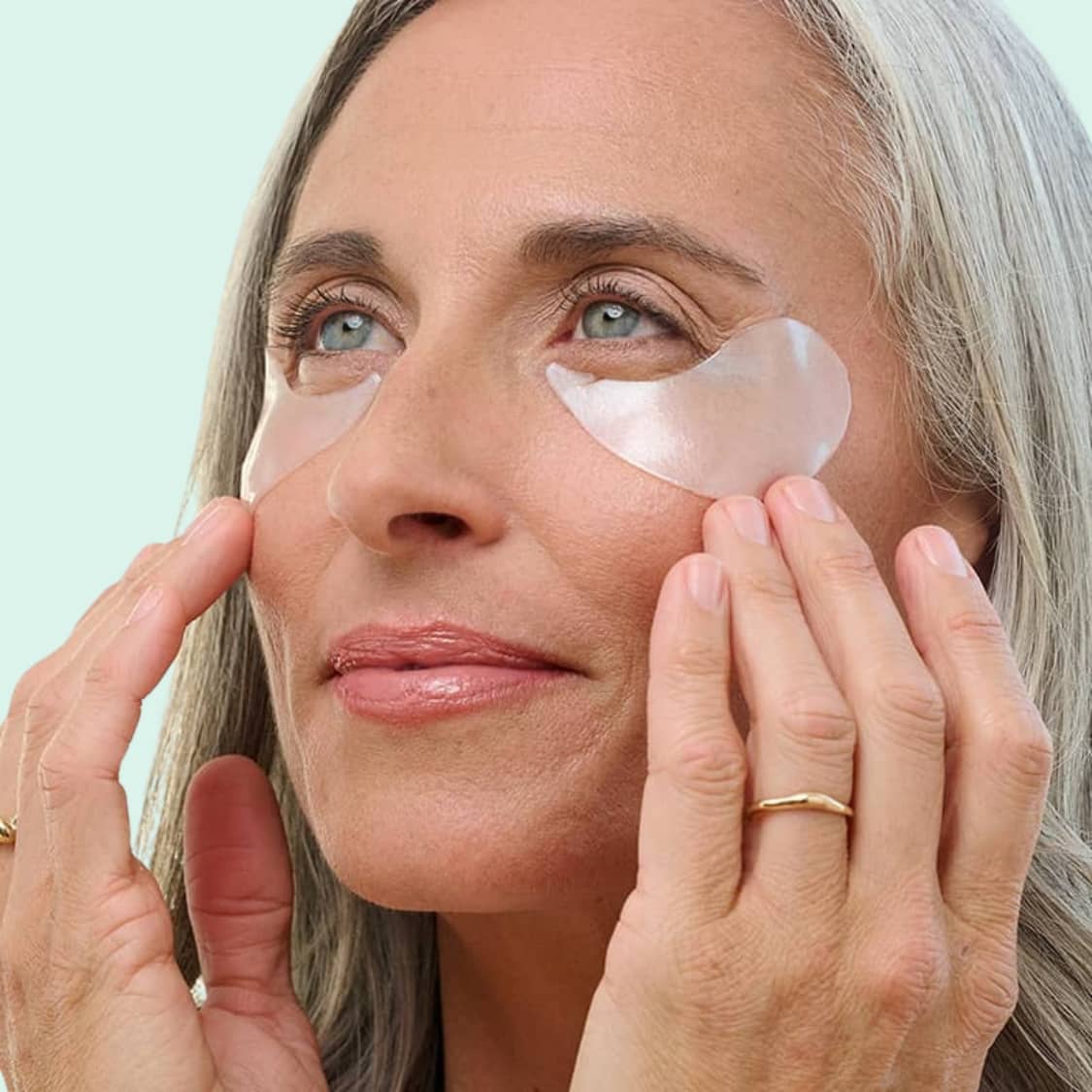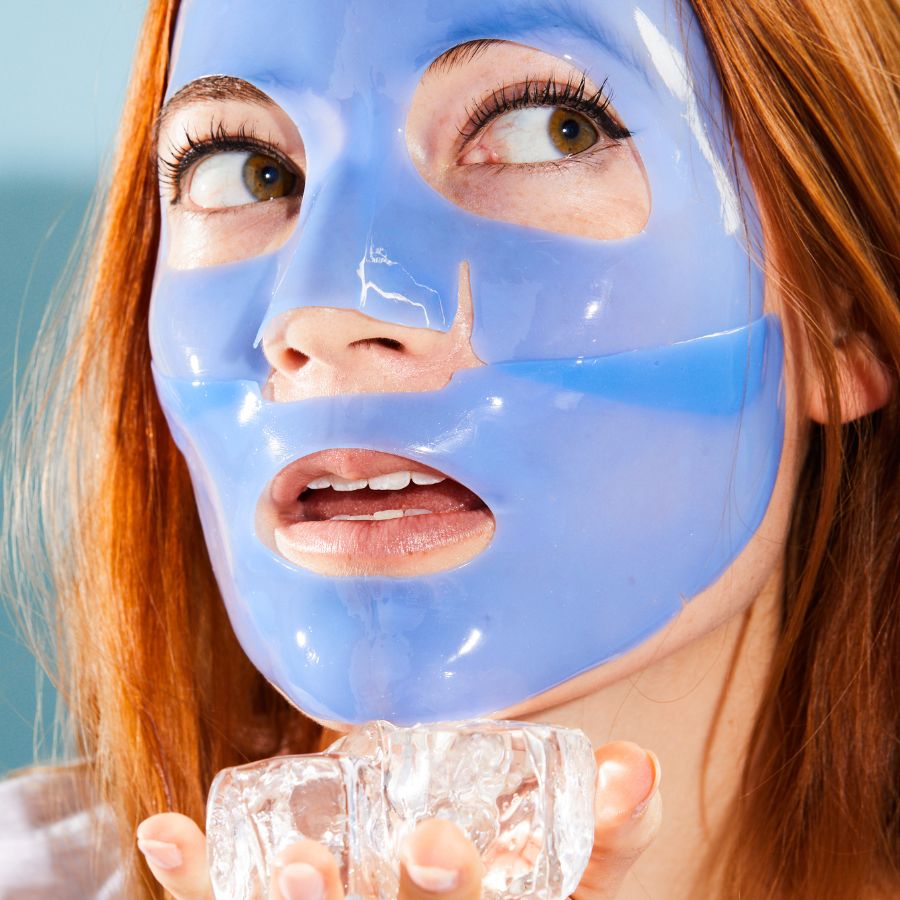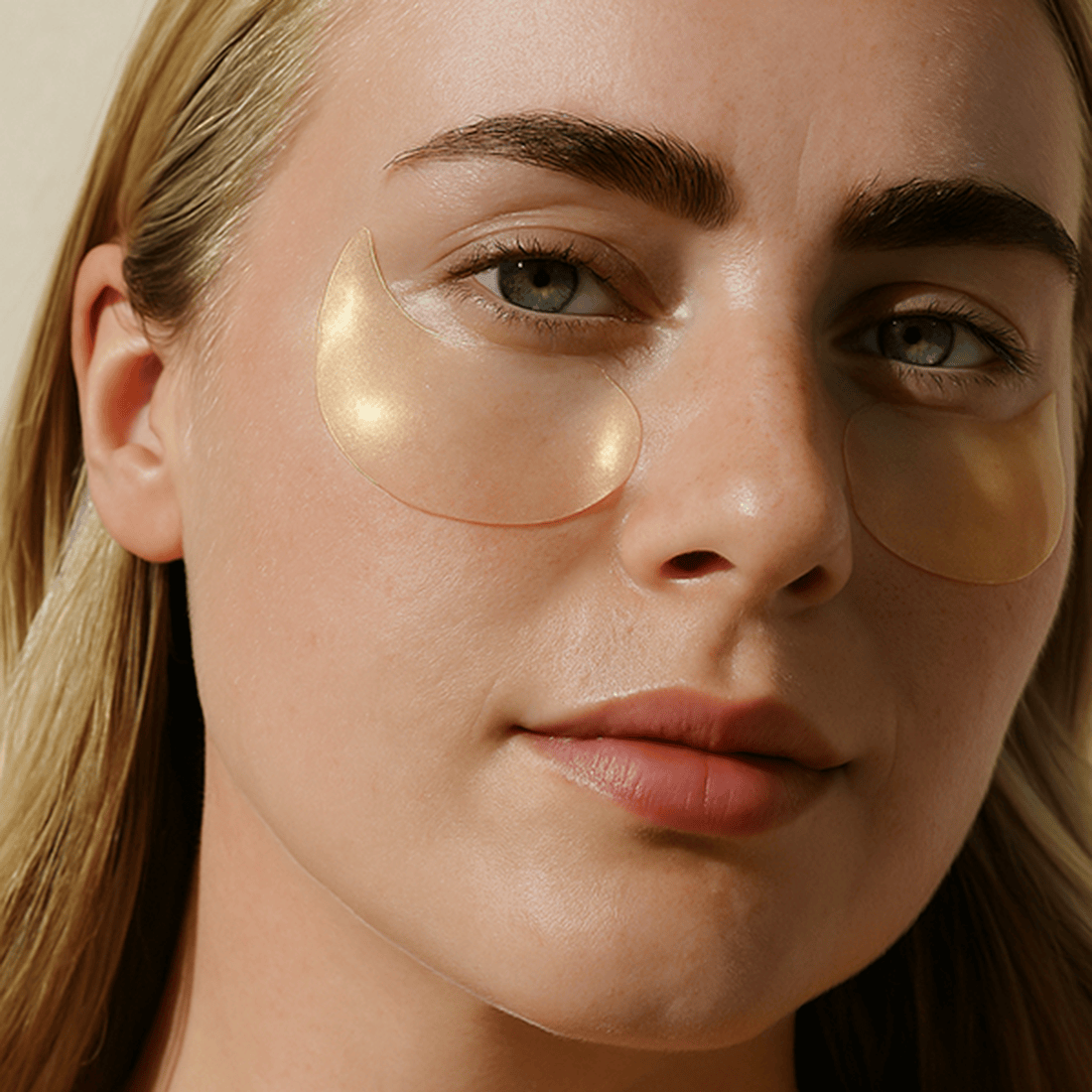Winter can be the most wonderful time of the year if we’re not worried about dry, itchy, flaky skin. We should get to enjoy all of the beautiful things that make winter so magical, like fuzzy blankets and hot cocoa, without feeling self-conscious about our dry skin, lips, or hands.
With the right products, you can get your skin back to feeling supple, soft, and plump without waiting for the wind chill to pass.
What causes dry skin?
When you notice your skin scaling, itching, and cracking, most people just chalk it up to one of winter’s many symptoms. However, there are specific reasons why your skin is drying out, and understanding what causes dry skin in the first place is the first step to preventing it.

Causes for dry skin during winter:
- Cold weather
- Dry heat
- Harsh soaps or detergents
- Long or hot showers
Environmental elements are one of the main causes of skin changes. Even in the Mediterranean-like climates of California or the humid subtropical climates of Florida, you will still experience dry skin during winter. Why? Because cold air doesn’t hold a lot of moisture, which means even if the temperature drops ever so slightly, our skin still struggles to hold moisture in the colder months.
We then tend to warm ourselves up with conventional space heaters which only blow large amounts of dry air into the room, making the problem even worse.
Washing your hands or clothes with harsh soaps or detergents can also dry out your skin, as well as the beloved long, hot shower or bath (as much as we don’t want to admit it).
According to Vogue, even your diet and nighttime skincare routine can be viable culprits.
Rough, red, itchy hands, face, lips, or feet are never a vibe, so here are some hacks to help hydrate your skin this winter.
How to heal dry, damaged skin this winter
For all of us who aren’t looking to prevent dry skin because we’re already suffering from it, we have a bunch of tricks up our sleeve.
Maybe you feel like you’ve tried every chapstick, hand cream, or body lotion on the market, but we promise you’ll find a few new hacks in this article to try out. Here are 7 ways to banish dry, cracked skin this year.
1. Look out for seasonal skincare ingredients

During the winter, be more conscious of what ingredients you’re using in your skin routine. Some ingredients are winter-friendly and great at keeping the skin moist and supple, while others can dry out your skin even more.
Hydrating skincare ingredients to add to your skin routine:
- Glycerin
- Hyaluronic acid
- Ceramides
- Squalane
- Shea butter
- Petrolatum
Glycerin & hyaluronic acid
According to Skincare.com, glycerin and hyaluronic acid are two essential ingredients to have in your wintertime serum because they “pull moisture from the air into your skin”. Ceramides are also known to “help improve the skin’s natural moisture barrier”.
Squalane
Squalane is a lightweight, non-greasy oil that mimics the skin's natural sebum. It helps restore the skin's lipid barrier, preventing moisture loss and enhancing hydration.
Shea butter
Shea butter softens and strengthens the skin naturally with vitamins A, E, and F. The fatty acids in shea butter (making up a whopping 85% to 90% of its composition) form a protective layer, fortifying the skin's surface against environmental aggressors. The result? Strengthened skin, softened texture, and a visible reduction in signs of aging.
Petrolatum
Last but not least, petrolatum is usually found in thicker, heavier products and pairs well with these ingredients as it helps to seal in the moisture that these products draw into the skin. It can be controversial because too much of it can prevent the skin from breathing properly, but when used in moderation as a spot treatment, petrolatum can help to seal in moisture before it escapes.
Ingredients that will dry out your skin
On the other hand, some skincare ingredients will dry out your skin even faster and should be avoided at all costs during the cold months.
Skincare ingredients to avoid during winter:
- Astringents
- Alcohols
- Aggressive exfoliators (more on this later)
- Prescription retinoids
Double-check the labels of your favorite skincare products before applying your skincare tonight to make sure you’re not adding insult to injury.
2. Get an infrared space heater
If you’re a space heater user, try counterbalancing dryness by swapping your conventional heater for an infrared space heater. Conventional heaters shoot warm air out into the room but don’t add any moisture with it, meaning it’ll dry out your skin quickly. Infrared space heaters are better for the skin since they don’t pull oxygen from the room, allowing more moisture in the air.
If you’re relying on a boiler, furnace, or heat pump to keep you warm, you might want to try a humidifier to replenish some moisture instead.
3. Improve your nighttime skincare routine

If your nighttime skincare routine isn’t already helping you conquer winter dryness and get glowing skin while you sleep, it’s time for a change, sis.
A fool-proof nighttime routine that will deeply hydrate the skin should include:
- Hydrating cleanser
- Gentle exfoliator
- Nourishing serum
- Deep hydration moisturizer
Hydrating cleanser
The right winter-esque cleanser will remove debris, makeup, and impurities from the skin while also keeping moisture locked into the skin. Stay away from cleansers loaded with fragrances or sulfates. Instead, opt for a cleanser with the seasonal skincare ingredients we mentioned: ceramides, hyaluronic acid, squalane, or glycerin.
Pro-tip: Is your facial cleanser clear or white? Cleansers that are white, milky, or creamy tend to be more hydrating than clear, thin cleansers.
Gentle exfoliator
Exfoliation tends to get neglected during the winter months because it can seem uncomfortable to rub already dry skin, but dead skin buildup could be a major culprit behind that dull, flaky look your skin might be sporting.
Exfoliation could be the missing step in your skincare routine. A really gentle way of exfoliating the skin without abrasive beads or chemicals is by using an exfoliating sheet mask. We highly recommend Exfoliate Mate – a gentle, exfoliating peel sheet mask infused with natural enzymes and alpha hydroxy acid that will buff away dead skin cells and unveil the radiant skin waiting underneath. But remember, moderation is key – over-exfoliating can do more harm than good.

Nourishing serum
If you aren’t using hydrating serums at night as an intensive treatment to restore damaged skin, this might be the key to hydration you’ve been looking for.
Sheet masks are doused in serums designed to hydrate with potent, nourishing ingredients like retinol, hyaluronic acid, resveratrol, and peptides. These ingredients are found in Beauty Sleep, Hydrate, and Rosé face masks and will penetrate deeply, addressing specific concerns such as skin dehydration, fine lines, and lack of firmness.
There are so many great masks it can be hard to choose which one would work best for you. Our sheet mask quiz can help you find the perfect mask for your needs in just a few clicks!
4. Spot treat dryness from head to toe

Let’s be honest – if you’re going to survive this brutal winter, your winter skin routine needs to include more than just face care. When you’ve reached that point in the winter season where your dryness knows no bounds and you’re itchy, ashy, and uncomfy from head to toe, it’s time to bring in extra reinforcement.
Hydrating dry lips
Before you apply that bold red lipstick for the holidays, make sure your lips are deeply hydrated underneath to avoid a flaky, patchy look. You can heal chapped lips with the following tips:
- Stay hydrated. Drink tons of water to keep your lips from drying out!
- Apply a moisturizing lip balm regularly, especially before bed. Look for balms with natural ingredients like honey and goji berry. Our favorite is the Lip Service Gloss-to-balm Treatment.
- Exfoliate. Yet again, a gentle exfoliation with a soft toothbrush or a sugar scrub can help remove dead skin cells and promote healing.
- Try a lip mask. Hydrating lip gels can help restore lost moisture with niacinamide, peptides, and green tea extract to soothe, soften, and smooth the lips.
Say goodbye to dry hands
When all of the hand cream in the world just won’t cut it, try a moisturizing hand mask to help soften the skin. We love the Perfect Ten Hand Mask – you’ll soak your hands in shea butter, macadamia oil, coconut oil, and rosehip oil for just 10 minutes and reveal deeply hydrated hands and soft cuticles.
Combat dry feet this winter
If your feet could also use some TLC, soothe painful splits and rough skin with Rosé Toes – an innovative foot mask with self-warming technology and nourishing ingredients. Slip into a pair of booties for an intensive hydration experience and remove them 10 minutes later to reveal deeply moisturized feet that feel soft, smooth, and revitalized.
5. Be conscious of your clothing choices

We don’t want to sound like your mom or anything…but you need to bundle up before you head out into that winter wind! Now that you’ve taken the time to replenish the moisture levels in your skin with the right ingredients and products, don’t let that hard work go to waste by letting the dry winter air get to it before you have a fighting chance!
Layers, layers, layers!
Leaving the skin exposed to the dry winter air causes the skin’s moisture to escape. By layering clothing pieces and being conscious of the materials you’re wearing, you can help retain some moisture in the skin.
Layering also allows for better thermal regulation, which prevents overheating indoors while also providing warmth outdoors.
Protect exposed skin
You don’t need to wait until it’s snowing to wear gloves, hats, or scarves. If your hands are dry and nothing can save them, it might be time to bust out the gloves! Cover your extremities to protect your hands, head, neck, and feet from the cold wind. Exposed skin is more susceptible to dryness and irritation.
Picking winter-friendly fabrics
Clothes with moisture-wicking synthetics like polyester blends and nylon help with moisture management, keeping sweat off the skin and reducing chafing or irritation.
Natural fibers such as cotton and wool are also great for winter – cotton provides breathability and circulation because it doesn’t trap moisture against the skin, which reduces irritation. Wool is excellent for insulation and moisture-wicking.
6. A balanced diet can reduce dehydrated skin

Consume foods rich in omega-3 and omega-6 fatty acids, like salmon, flaxseeds, and walnuts to help support skin health and moisture retention.
Fruits and vegetables with high antioxidant content like berries, spinach, and bell peppers are also a great way to combat oxidative stress on the skin caused by environmental factors which can reduce skin inflammation, fine lines, and skin aging.
According to Harper’s Bazaar, you might want to limit your alcohol intake as well, as “alcohol can increase inflammation in the skin and worsen many skin diseases, such as psoriasis, eczema, and rosacea.” Alcohol has a dehydrating effect on the body in general, so it’s important to enjoy it in moderation to avoid drying out your skin even more.
7. Limit Hot Baths and Showers

It’s so tempting to take a hot bath or shower when you’ve been so cold all day, but hot water strips away natural oils from the skin, leading to dryness. Take shorter showers or baths with lukewarm water instead to retain moisture.
Embrace radiant winter skin
In the quest for supple, soft, and plump winter skin, understanding the causes of dryness is essential to beating it. Combatting cold weather, dry indoor heat, and harsh skincare practices involve a multifaceted approach, but as long as you incorporate winter-friendly skincare ingredients, optimize your nighttime routine, and extend care beyond the face to your lips, hands, and feet, you’ll make it through the cold days.
The key to winter skincare success lies in consistent hydration, nourishment, and protection. Whether you're upgrading your nightly skincare ritual or indulging in specialized treatments for your lips and extremities, the goal stays the same – achieving a healthy, radiant complexion throughout the winter months.
Winter may bring chilly winds, but with the right skincare strategies, your skin can glow even in the coldest of days. Embrace the winter season with confidence, knowing your skin is well-hydrated, protected, and ready to shine.
Check out more of Patchology’s sheet masks for a glowy, radiant complexion.













